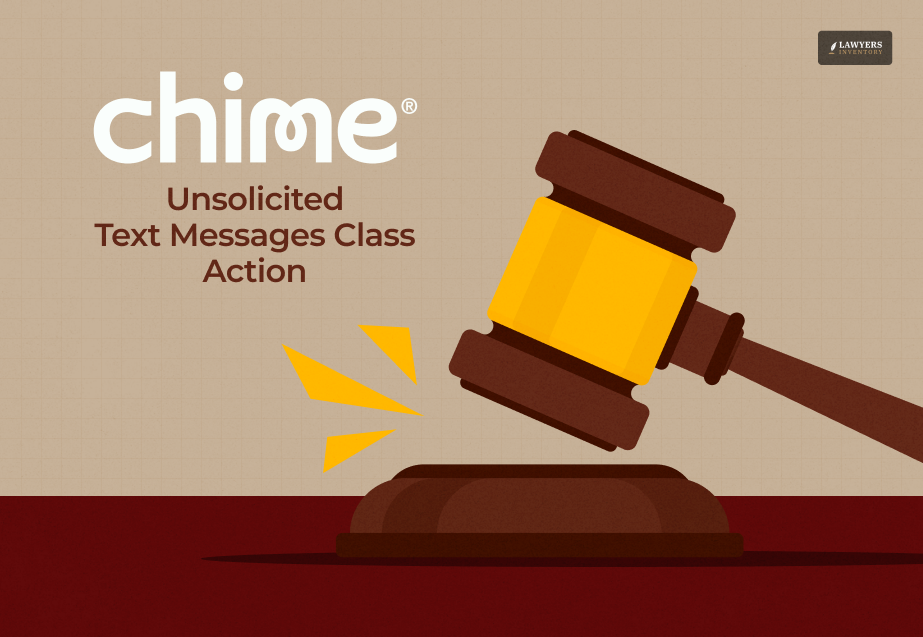
The digital age has made communicating with customers relatively easy. However, a number of laws strictly regulate how text messaging is used by companies for marketing and referrals. The Chime Unsolicited Text Messages Class Action is a prominent lawsuit arguing that fintech giant Chime Financial Inc. crossed the line with its “refer a friend” program.
This detailed guide will tell you all about the basics of the lawsuit, what this means for consumers, and what steps you have to take immediately if you received an unsolicited text. The main issue with the Chime Unsolicited Text Messages Class Action is about the protection of privacy and consent laws in Washington State.
The Core Claim: What’s The Chime Unsolicited Text Messages Class Action Lawsuit About?
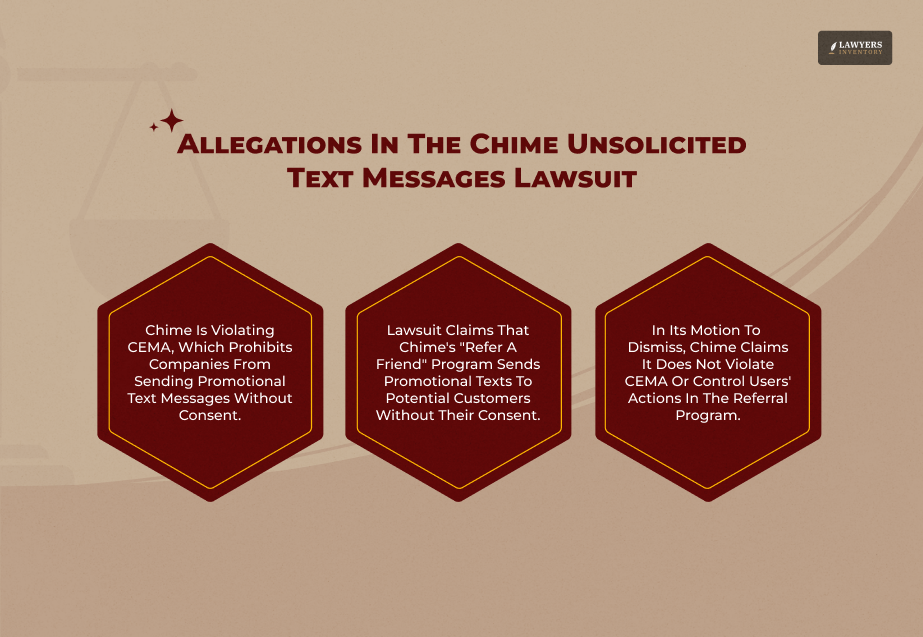
The Chime Unsolicited Text Messages Class Action alleges unlawful text message marketing practices. The complaint indicates that Chime, under Washington State law, has encouraged active customers to send promotional texts to contacts without first seeking permission from the potential recipients of those messages.
Who Filed The Lawsuit And Under What Law?
Plaintiff Taft Charles filed the Chime Unsolicited Text Messages Class Action lawsuit in the state of Washington, according to Top Class Actions.
Jurisdiction
The suit was filed in a Washington State court.
Legal Basis
The complaint claims violations of the Washington Commercial Electronic Mail Act (CEMA). This state law is highly protective. It prohibits sending or helping to send commercial text messages to Washington residents without clear, affirmative, advance consent.
What Types Of Text Messages Are Claimed?
The class action lawsuit focuses on the text messages generated through Chime’s “refer-a-friend” program.
The Incentive
Chime’s program gives financial incentives to existing customers for successful referrals, such as $100.
The Allegation
The complaint avers that Chime’s mobile application facilitates an easy way for its customers to send pre-composed promotional messages to their listed contacts and, in effect, assists in sending commercial messages. Such assistance without the recipient’s consent is allegedly a violation under CEMA.
Why It Matters To You: Statutory Damages And Privacy
The Chime Unsolicited Text Messages Class Action is significant because it’s a consumer privacy lawsuit seeking statutory damages for alleged illegal texts.
Statutory Damages and Legal Exposure
The powerful penalty provisions of CEMA in Washington make this case financially significant.
$500 per Message
Under CEMA, statutory damages of $500 are allowed for every single unlawful message a consumer receives.
No Actual Harm Necessary
You do not usually have to prove you suffered actual financial harm or emotional distress to claim the $500 per violation.
Treble Damages
Where the violation is willful, the damages can be, in certain cases, trebled, meaning multiplied by three, thereby increasing the financial liability.
How Widespread The Issue Might Be
Referral programs are in vogue for many fintech and app-based companies to drive growth. These typically involve all forms of sharing of contact list data and sending messages.
The Chime Unsolicited Text Messages Class Action reveals how easy it is for an existing user to “spam” their contacts with a promotional message, turning what is otherwise a private communication channel-SMS-into an unsolicited commercial advertisement.
Netiquette
Here’s an excerpt from Communicating Over the Internet:
“Arlene Rinaldi’s award-winning Netiquette Home Page, which is titled “The Net: User Guidelines and Netiquette,” contains the Netiquette guidelines used at Florida Atlantic University. The introduction explains that use of the Internet is a privilege, not a right: The use of the network is a privilege, not a right, which may temporarily be revoked at any time for abusive conduct. Such conduct would include, the placing of unlawful information on a system, the use of abusive or otherwise objectionable language in either public or private messages, the sending of messages that are likely to result in the loss of recipients’ work or systems, the sending of “chain letters” or “broadcast” messages to lists or individuals, and any other types of use which would cause congestion of the networks or otherwise interfere with the work of others.”
Thus, the Netiquette guidelines are relevant because they enforce long-standing cultural norms against broadcast messages and network interference. These early rules reflect the legal claims in the Chime Unsolicited Text Messages Class Action that unsolicited commercial texts interfere with users’ private communication channels.
Because Chime is a nationwide company, the practices have widespread implications, though the current suit has focused on Washington residents.
Legal And Regulatory Framework – CEMA vs. TCPA
To understand the Chime Unsolicited Text Messages Class Action, it’s important to understand the difference between state and federal telemarketing laws.
Washington’s CEMA: What Does It Cover?
CEMA targets both the party that initiates a commercial text message, and the party that assists in transmitting the message.
Strict Consent
The law prohibits commercial texts to Washington residents unless the recipient has given clear and affirmative advance consent. (Source: classaction.org)
Broad Scope
The meaning of “assist in the transmission” has been widely interpreted by the Courts. Designing the referral program, pre-composing the text, and providing the incentive all constitute assistance, even if the user manually presses “send” (Source: The Blacklist Alliance).
Other State Laws And Federal Laws (TCPA) To Consider
While the current lawsuit targets CEMA, similar lawsuits can arise under other laws.
Federal TCPA
Most telemarketing calls and texts are subject to the federal Telephone Consumer Protection Act, or TCPA. Nevertheless, there is usually TCPA liability on the party that “initiates” the call via an ATDS. Since referral texts are sent out manually by the user in most cases, the Chime Unsolicited Text Messages Class Action leans on the broader liability standards of CEMA.
Other States
Any states that have similar anti-spam or privacy legislation may face similar copycat lawsuits if the claims in the Chime Unsolicited Text Messages Class Action Lawsuit prevail.
How You Can Check If You’re Affected?
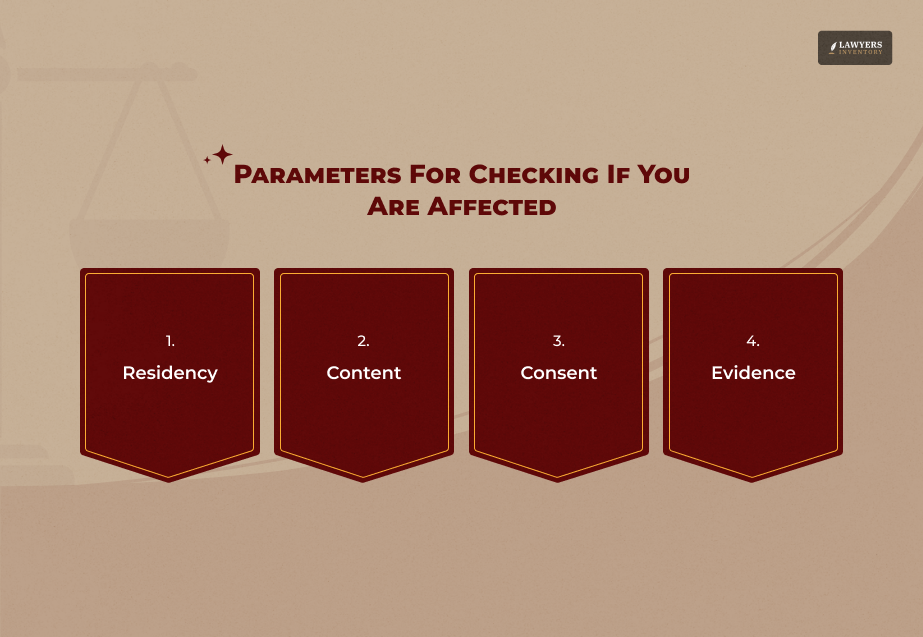
Those living in Washington who received an unsolicited referral text from Chime must take proactive steps to document their possible claim in the Chime Unsolicited Text Messages Class Action.
But what to look for in your messages? You need to confirm a few key parameters:
Residency
You must have been a resident of Washington State at the time that you received the text.
Content
A Chime referral text offering, with most offers ranging from “$100 for you and $100 for your friend” or similar, to join Chime services.
Consent
You must confirm that you never gave Chime prior, clear consent to receive marketing or promotional texts from them or their users.
Documenting Your Case
Start saving evidence immediately.
- Save the Text: Do not delete the message.
- Screenshot: Capture a screenshot of the entire text conversation with the full message shown, with the time/date stamp and phone number it came from.
- Note Your Status: Record whether you were a Chime customer yourself or just a non-customer contact.
Deadlines And Statute Of Limitations
The time to act is limited. Because this is an active litigation case, there is not yet an official claim form or deadline to submit your claim. However, according to Washington law, the statute of limitations for CEMA is generally four years.
Acting now ensures your evidence is available and that your claim would fall within the eligible time period for the Chime Unsolicited Text Messages Class Action.
What Compensation Or Relief Might Be Available
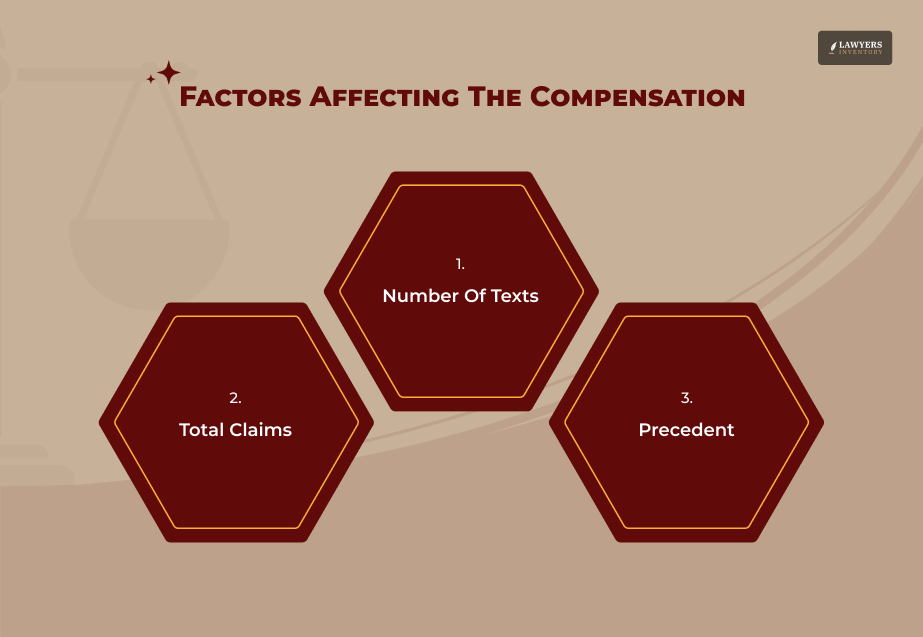
The primary objective of the Chime Unsolicited Text Messages Class Action is to receive compensation for consumers and to make the company modify its marketing practices.
Types Of Relief In This Suit
The plaintiffs seek various forms of relief against Chime:
- Statutory Damages– An amount of $500 or more per unlawful text message.
- Injunctive Relief– An order of the Court requiring Chime to immediately modify its “refer-a-friend” program to fully comply with the law in Washington and appropriately obtain consent from recipients.
Factors Affecting Your Share
If the Chime Unsolicited Text Messages Class Action Settlement is approved, individual payments will depend on a variety of factors.
Number of Texts
The total number of unsolicited referral texts you got.
Total Claims
The total number of class members who file a valid claim. This is the number of people who will share the total settlement amount.
Precedent
There have been similar CEMA referral-text message settlements.
For example, a similar case against Robinhood settled for $9 million, according to InfoLawGroup LLP, and Cash App settled for $12.5 million, according to Top Class Actions.
Realistic Expectations
Any class action settlements can take years to finalize. Although the statutory damage amount is high, the real amount you will get after lawyer fees and distribution to a potentially very large class may be smaller. In any case, you should check the official court website for the Chime Unsolicited Text Messages.
Class Action for the most accurate payment projections and deadlines.
Read Also: Credit One Bank TCPA Robocall Settlement- Everything You Need To Know
Expert Tips And Best Practices
Consumers must be sure to take data protection steps and safeguard against unsolicited messages like those that are the target of the Chime Unsolicited Text Messages Class Action.
App Permissions Review
See which apps, whether fintech or social media applications, have access to the contact list of your phone. Whenever possible, disable sharing of the contact list.
Be Wary of Incentives
Recognize that if an app provides an incentive to “refer a friend,” that app is providing significant assistance to send a commercial message.
Verify Communications
If you receive a text, email, or social media message about the Chime Unsolicited Text Messages Class Action settlement, verify it using no other resource than the official court-monitored website to avoid scams.
Opt-out
If you get any unsolicited promotional text from any company, reply immediately with the word “STOP” to opt out of any future messages.
Read Also: The USAA Data Breach Settlement- Your Guide To Claims And Compensation
Frequently Asked Questions (FAQs):
If you were a resident of Washington and received an unsolicited referral text from Chime, you should act immediately. Keep your records safe and check regularly on the official court websites for any updates on the Chime Unsolicited Text Messages Class Action.
The currently filed Chime Unsolicited Text Messages Class Action specifically targets violations of Washington’s CEMA and is thus limited to Washington residents.
Yet, in the event of a successful lawsuit, attorneys might be encouraged to file similar class actions in other states with strict anti-spam laws or under the federal TCPA. You should still save the text message and consult with an attorney in your state regarding potential claims.
Yes. The Complaint asks for both monetary relief (damages) and injunctive relief.
Injunctive relief, if awarded, would require Chime to modify its business practices. This will ensure that the “refer a friend” program obtains the recipient’s clear and affirmative consent prior to sending.
If you think your account was hacked, you must notify Chime of the security breach and also file a police report. But the Chime Unsolicited Text Messages Class Action centers on the design of the Chime program.
Even if a third party accessed your account, the underlying claim is that Chime’s design facilitated the sending of commercial texts without consent, and Chime may still be held liable under CEMA.






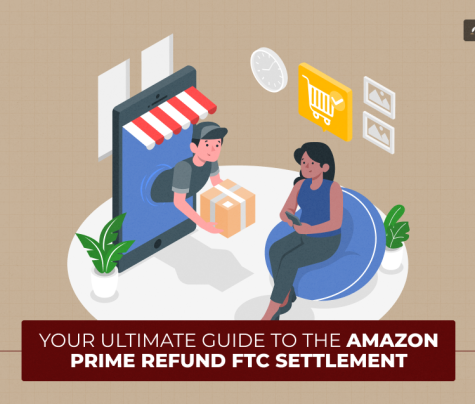
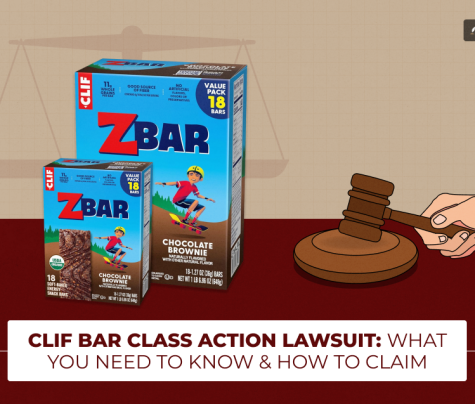

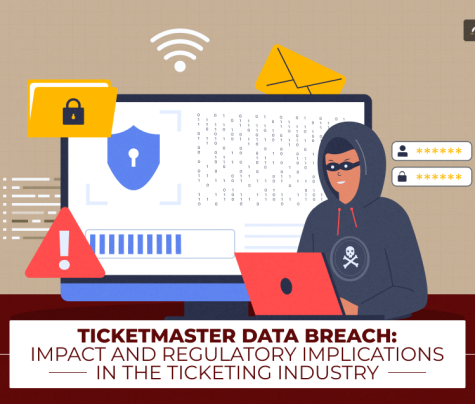
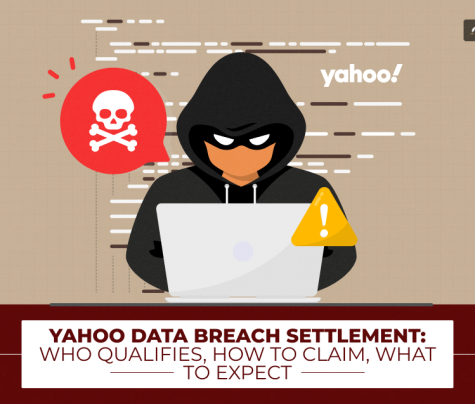
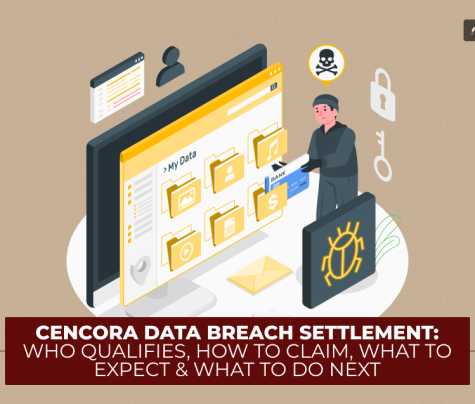
0 Reply
No comments yet.